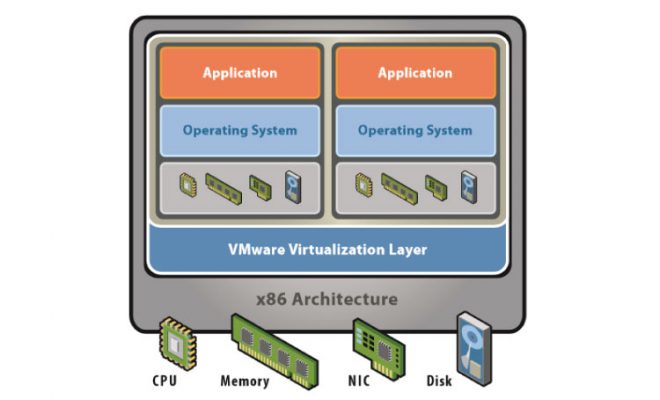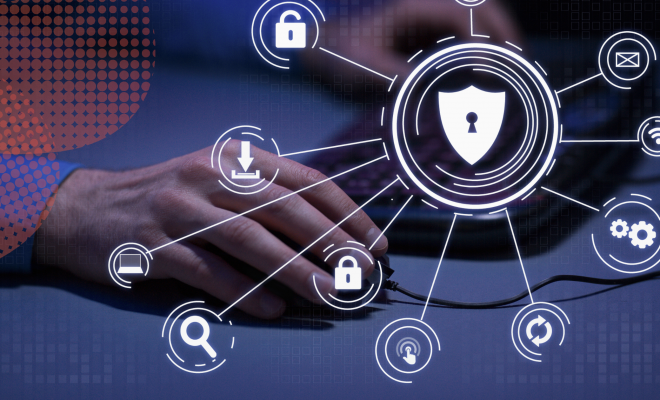Cybersecurity

Hi, I am Nishchitha and I’m currently pursuing the Bachelor of Science (honours) in Information Technology awarded by Teesside University at MDIS. I chose to pursue the degree in information technology as it is a field that I am interested in and my study experience at MDIS has been challenging and enriching.
Cyber security is a practice of protecting computers, networks, programmes and data from unauthorised access or attacks that are targeted at exploitation. The network security includes activities that protect the usability, reliability, integrity and safety of the network and programmes from digital attacks.
Cyberattacks are usually aimed at accessing, changing, or destroying sensitive information; extorting money from users or interrupting normal business processes.
Cyber threats are the possibility of a malicious attempt to damage or disrupt a computer network or system.
Cyber-threat intelligence feeds make the unknown, known. They make visible the threats that others have already detected but have not yet been seen by their own security infrastructure.
Improved threat intelligence enables one to understand if the unknown encountered present a threat to your customer, and this information will be useful in making an informed decision.
If you have an inkling of a cyber-threat, but can’t be absolutely sure, cyber-threat intelligence feeds aid your ability to correctly classify files and help you avoid false positives and false negatives. This in turn reduces uncertainty for the consumer, while helping the consumer in identifying threats and opportunities.
Cybersecurity demands focus and dedication. It protects the data and integrity of computing assets belonging to or connecting to an organisation’s network. Its purpose is to defend those assets against all threats throughout the entire life cycle of a cyber–attacks. A small loophole may lead to a major loss.
Understanding the Role of Cybersecurity
In a connected world, we each have a responsibility to protect ourselves and the people we interact with, and it all begins with an understanding of cybersecurity.
Anything that relies on the internet for communication, or is connected to a computer or other smart device, can be affected by a breach in security. These include:
- communication systems like emails, phones and text messages
- transportation systems including traffic control, car engines, airplane government databases, including social security numbers, licenses and tax records
- financial systems including bank accounts, loans and pay checks
- medical systems including equipment and medical records
- Educational systems including grades, report cards and research information.
Conclusion
There are at least three main principles behind cybersecurity: confidentiality, integrity and availability.
- Confidentiality involves any information that is sensitive and should only be shared with a limited number of people.
- Integrity involves keeping information from being altered.
- Availability involves ensuring those who rely on accurate information are able to access it.
Attackers are constantly looking at devices and innovative ways in beating the system. As such, it is important to be a step ahead of them in plugging the loopholes.












